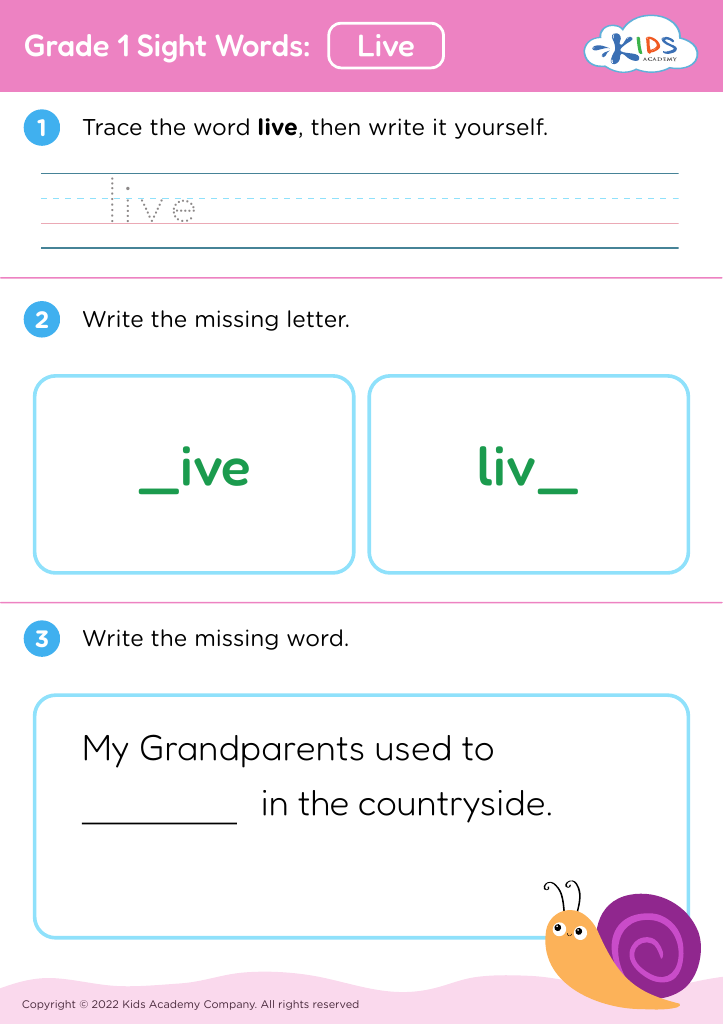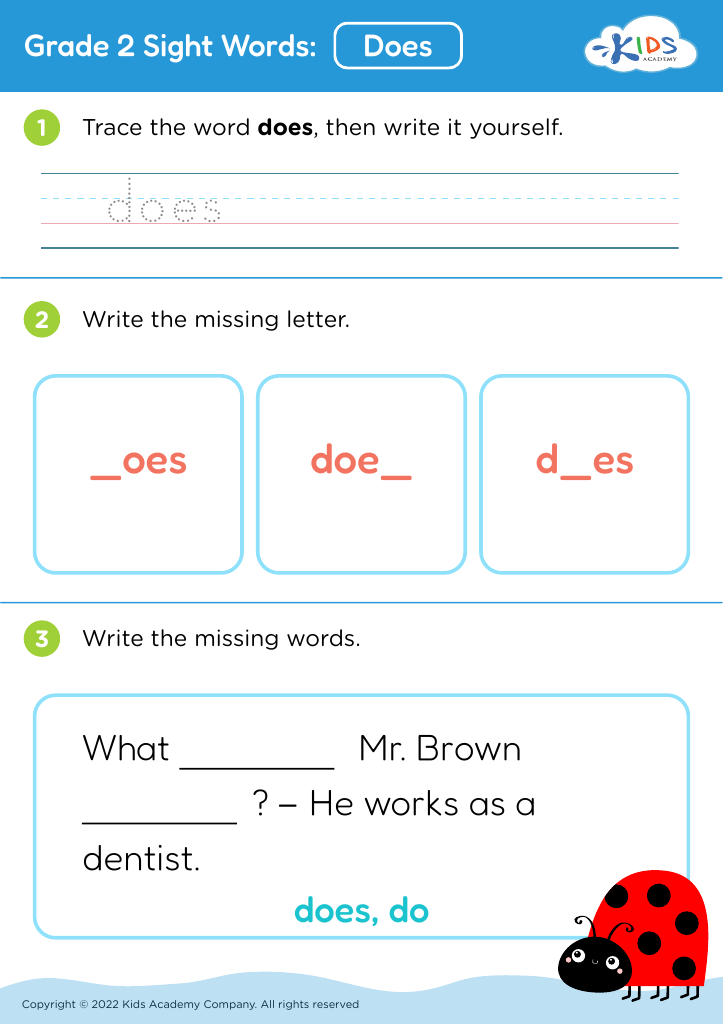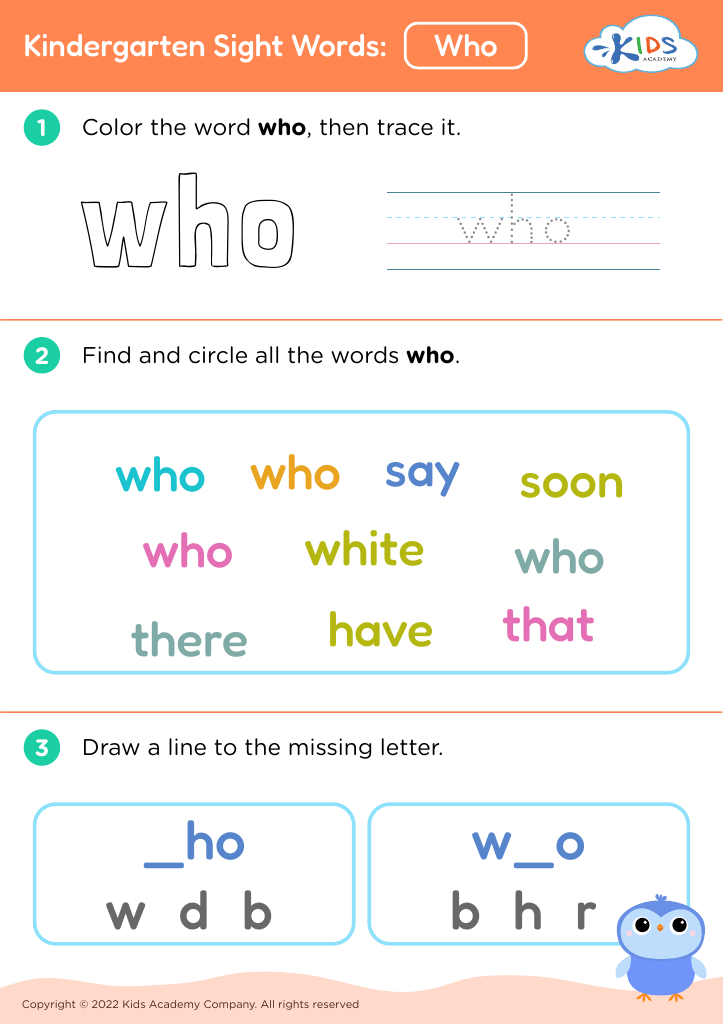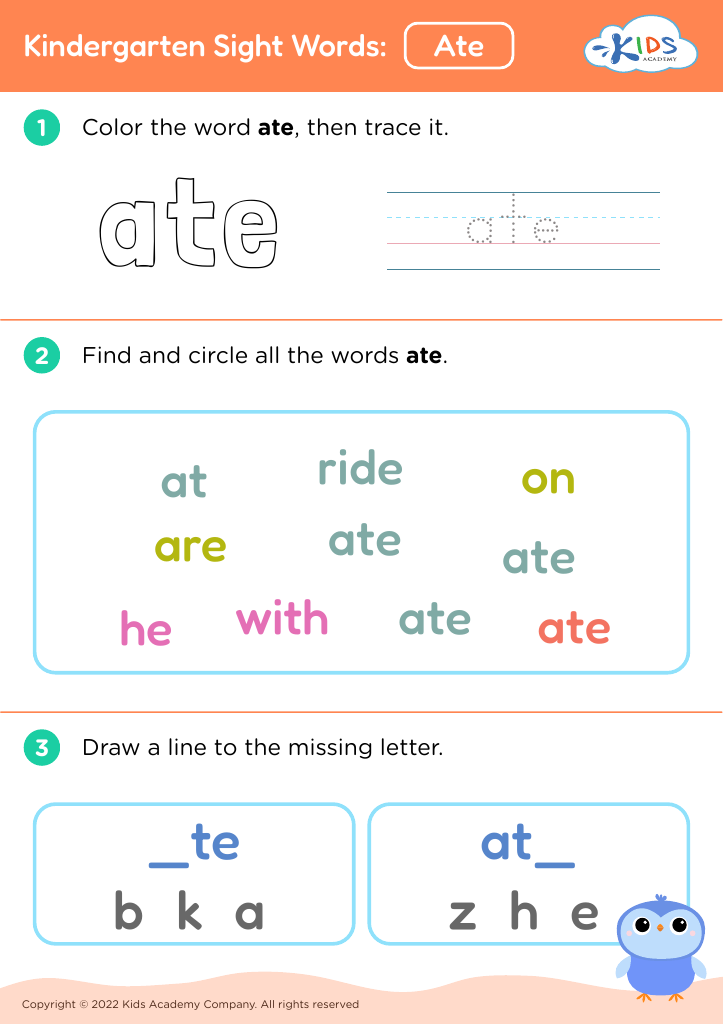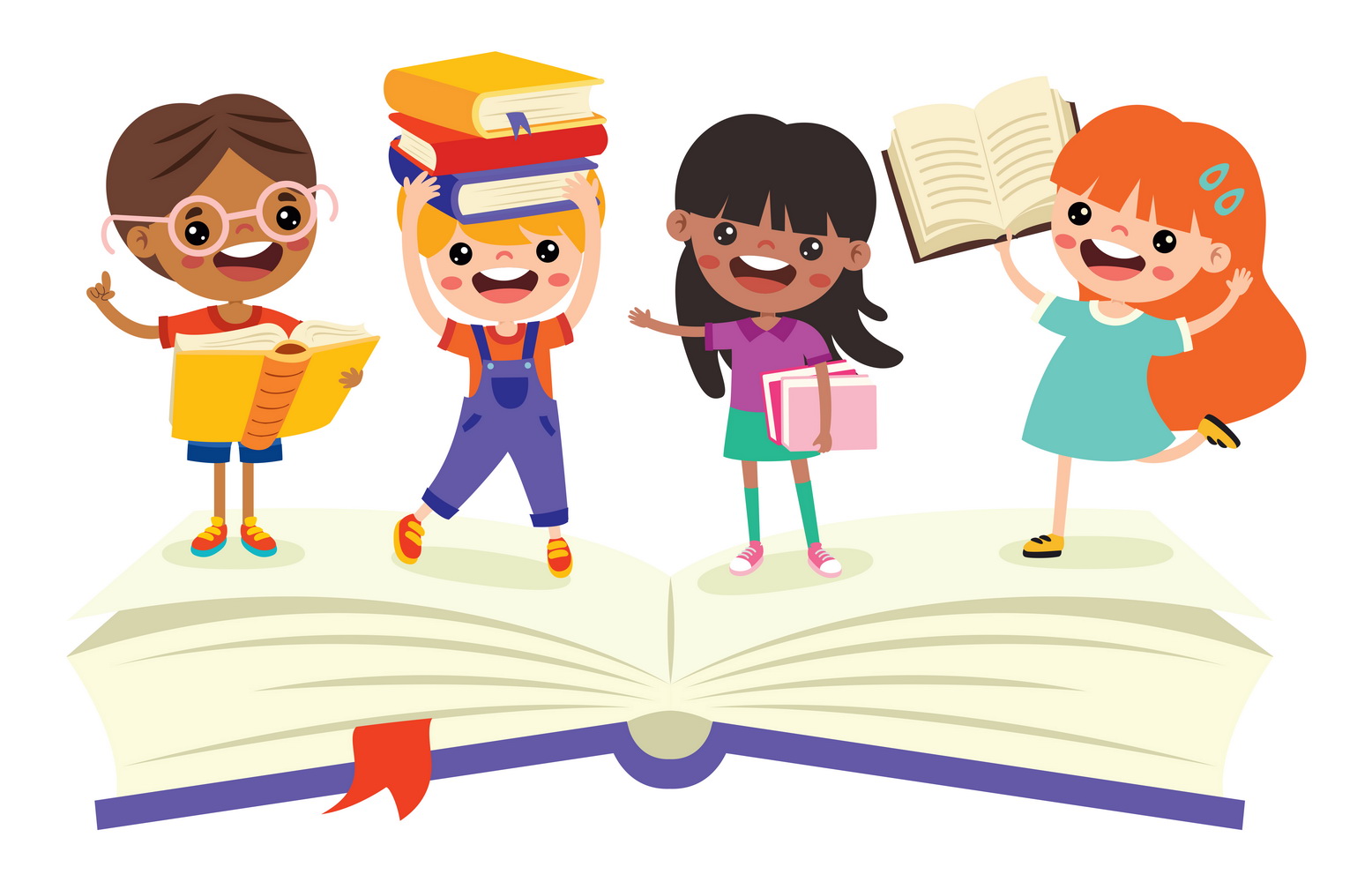Enhance comprehension Building Vocabulary Worksheets for Ages 3-7
5 filtered results
-
From - To
Enhance Comprehension Building Vocabulary Worksheets for Ages 3-7 are designed to elevate young readers’ understanding through engaging and interactive activities. Our tailor-made worksheets help toddlers, preschoolers, and early grade learners expand their vocabulary while promoting reading comprehension. Crafted with age-appropriate content, they focus on word recognition, usage, and context. These worksheets are perfect for both classroom and home settings, giving children the foundation they need to become confident readers. Encourage their love for learning and ensure their academic success with tools that foster curiosity and cognitive development. Start your child’s reading journey with our expertly designed resources today!
Enhancing comprehension and building vocabulary for ages 3-7 are foundational components of early childhood education that parents and teachers should prioritize. At this early stage, children's brains are highly receptive and neural pathways for language development are rapidly forming. By focusing on comprehension and vocabulary, we create a robust platform for future learning.
Effective comprehension skills enable children to understand and process information, fostering critical thinking and problem-solving abilities. When children grasp the meaning of what they read or hear, they are better equipped to follow instructions, engage in thoughtful conversations, and develop empathy by imagining others' perspectives.
Building vocabulary is equally crucial. A rich vocabulary provides children with the tools to express their thoughts clearly and creatively. This not only boosts their communication confidence but also contributes to academic success. Studies have shown that children with strong vocabularies excel in reading and writing tasks.
Furthermore, a strong vocabulary and good comprehension skills are associated with greater academic achievement over a child's entire educational journey. They're not just about language; they're fundamental to all areas of learning, from mathematics and science to social studies and beyond.
Parents and teachers play a pivotal role by reading aloud, engaging in conversations, and introducing new words in diverse contexts. These efforts set the stage for lifelong learning and intellectual growth.
